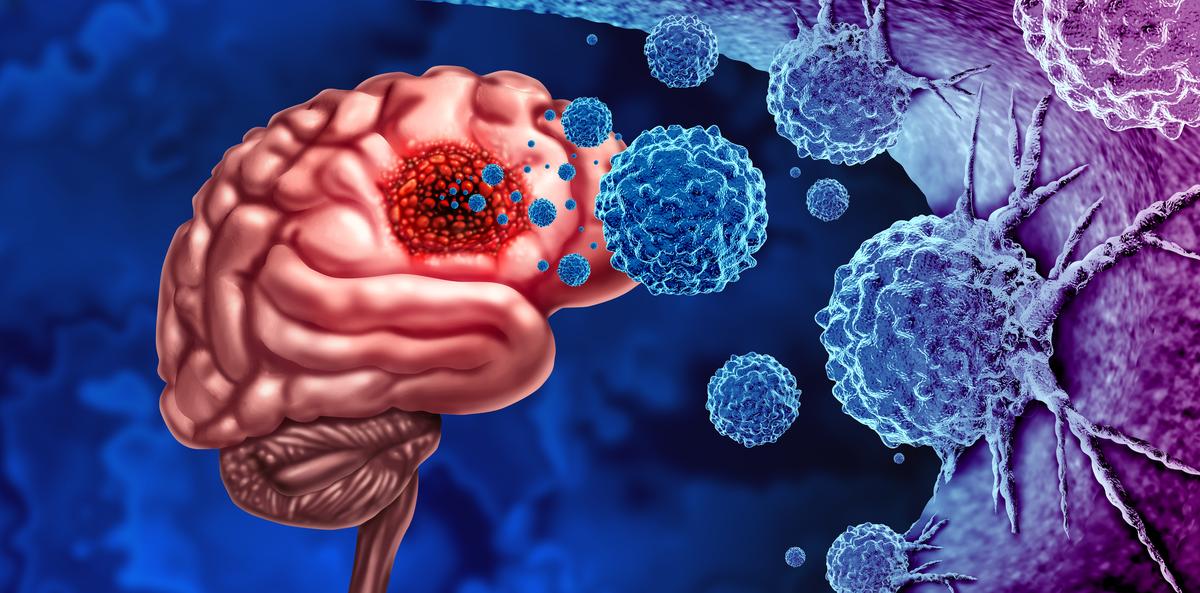
Thousands of clinical trial participants lost access to important medical studies this year after the Trump administration terminated hundreds of National Institutes of Health (NIH) grants, according to new research published in JAMA Internal Medicine. The study found that 383 clinical trials had their NIH funding cut this year between late February and August, affecting… read on > read on >






























